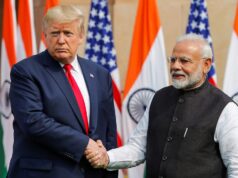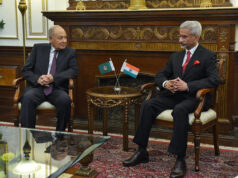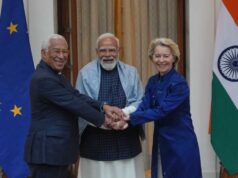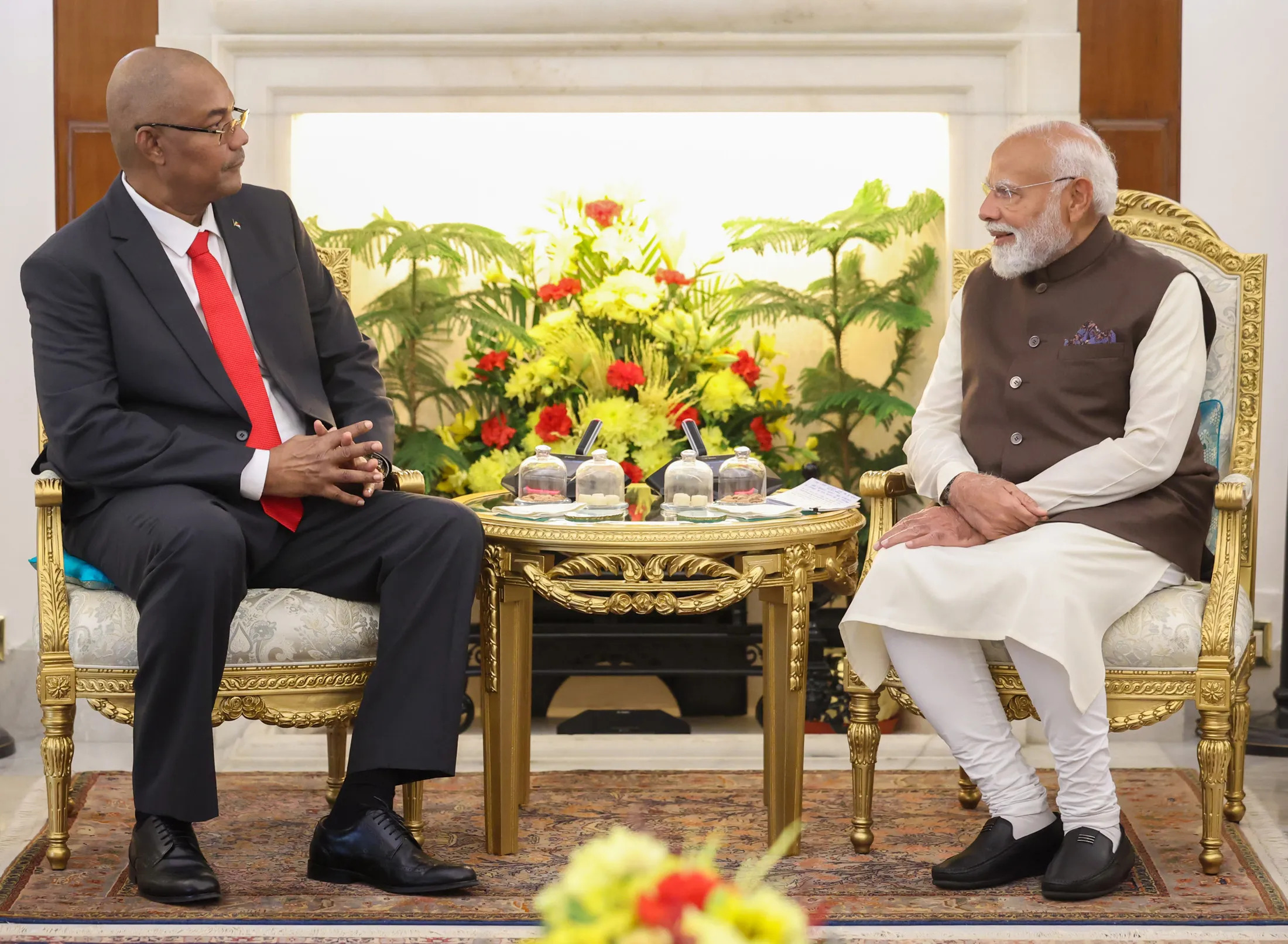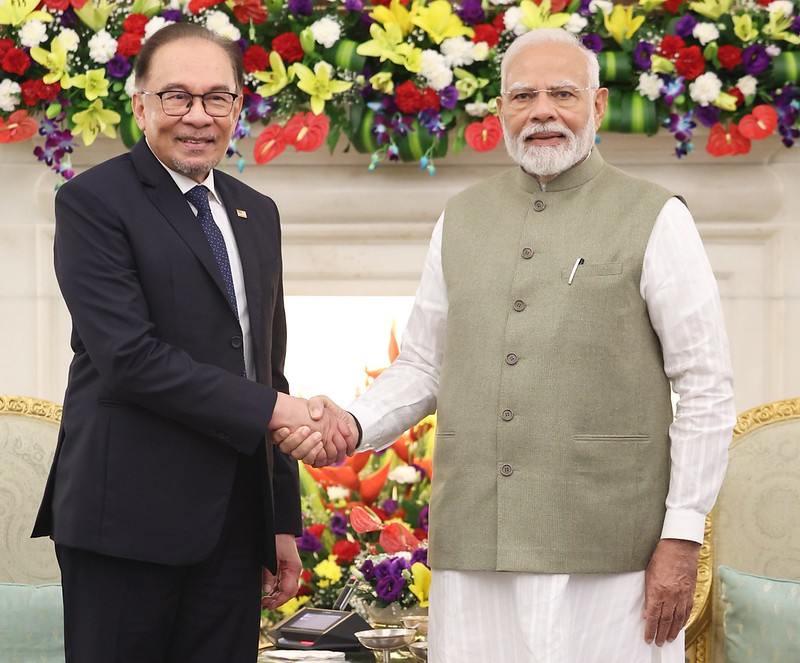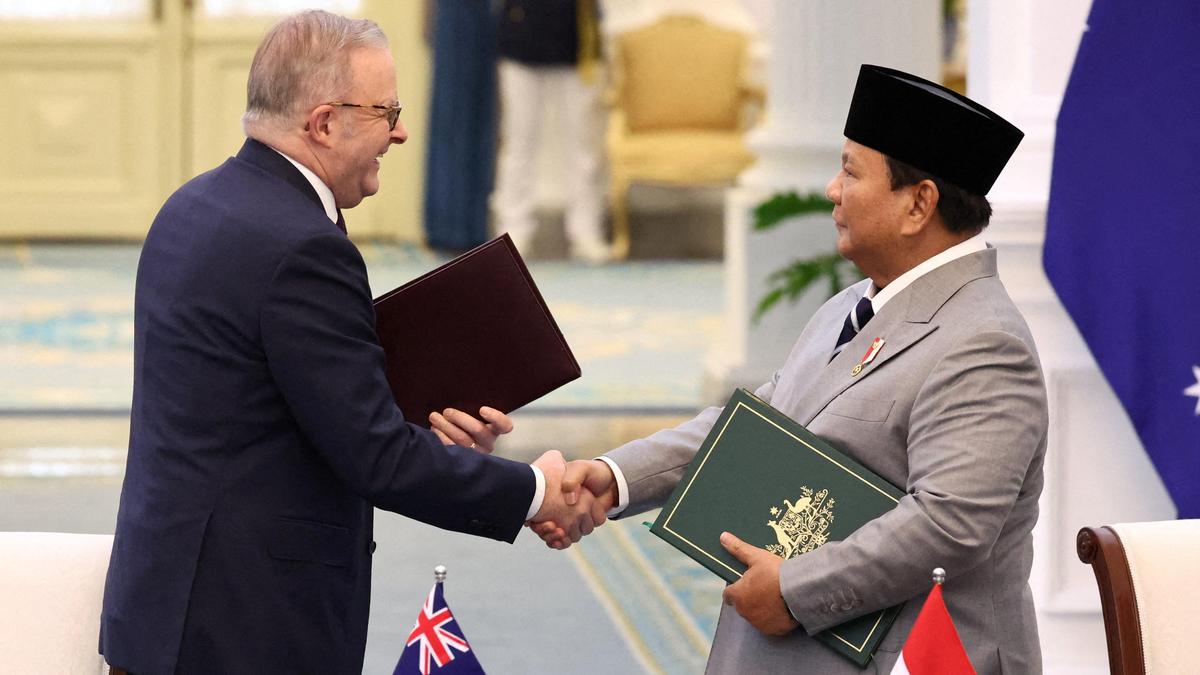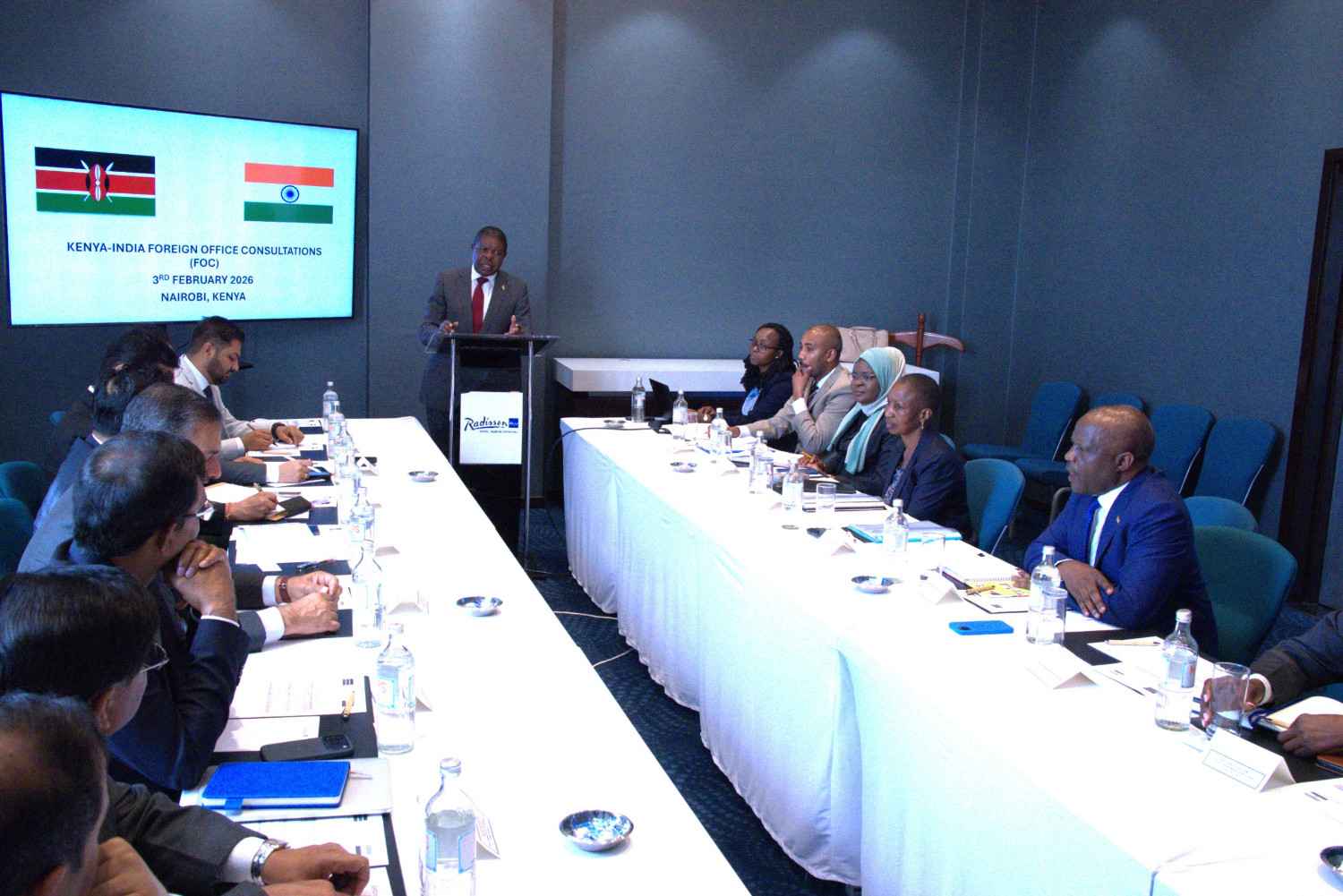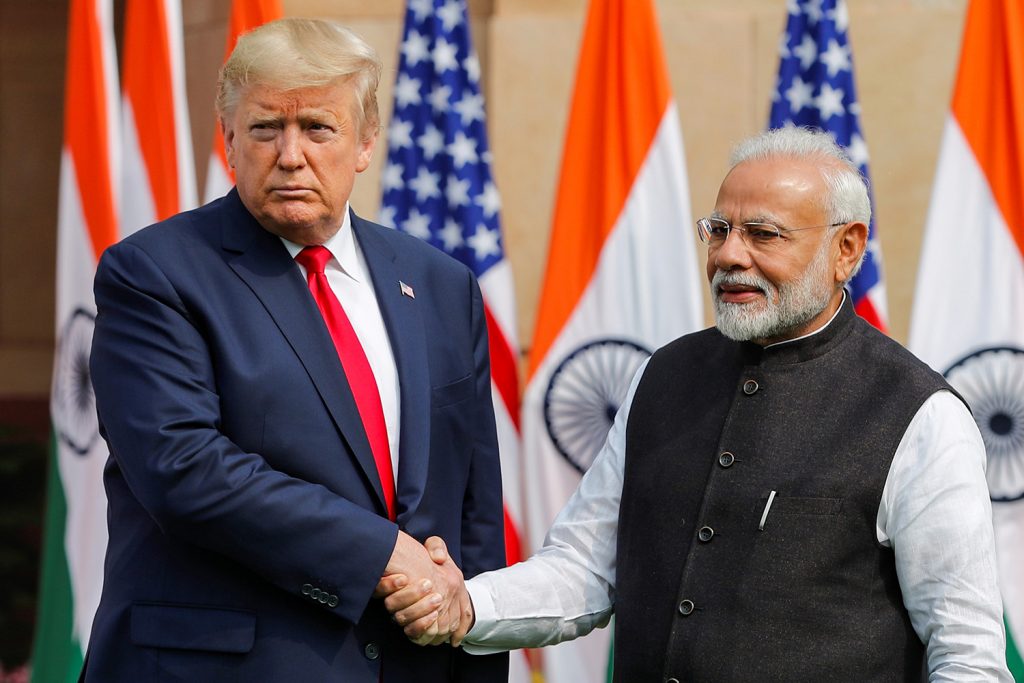PM Narendra Modi is on the longest diplomatic tour since he assumed office, which includes visits to five nations: Ghana, Trinidad and Tobago, Argentina, Brazil, and Namibia. Following his successful tour of Trinidad and Tobago, PM Modi arrived in Buenos Aires, the capital of Argentina, on a Friday evening, marking the third destination of the tour. On his arrival, PM Modi received a ceremonial welcome at Ezeiza airport. This bilateral visit is historic as PM Modi is the first Indian PM to visit Argentina after 57 years, the last of whom was Indira Gandhi in 1968. The official visit of PM Modi started by offering tribute to the Monument of General José de San Martín, revered as Argentina’s father of the nation. Subsequently, President Javier Milei hosted a ceremonial welcome for PM Modi at the Casa Rosada, where the two leaders engaged in a brief one-on-one meeting followed by delegation-level talks.
Highlights of the Bilateral Talks
The entire spectrum of bilateral relations was thoroughly reviewed and discussed. Both leaders agreed to enhance collaboration in key sectors, including trade and commerce, technology, defence, space, health, and pharmaceuticals. PM Modi noted that both countries have stable bilateral trade, but the hour of need is there to diversify and expand economic collaboration.
In trade and commerce, PM Modi requested Argentina’s support in expanding the India-MERCOSUR preferential trade agreement, which will bring mutual benefits. Both leaders expressed an interest in leveraging their respective capabilities in the defence sector and cooperation to increase strategic interests. In the agriculture sector, both leaders acknowledge the significance of agriculture in the economies of both sides. Respective Leaders directed their teams to make the Joint Working Committee on Agriculture.
In the fields of health and medicine, PM Modi emphasised India’s capabilities in the healthcare and pharmaceutical sectors, particularly its ability to manufacture high-quality and affordable medicines. PM Modi also advocated for moving India from Annexe II to Annexe I of Argentina’s pharmaceutical regulatory framework, which would enable smoother entry of Indian pharmaceutical products into the Argentine market. Keeping that in mind, the Argentine side updated the Indian delegation on the fast-track approval process available for the import of Indian medicines into Argentina. Not only medicines but discussions were held, including initiatives in telemedicine, digital health solutions, and capacity building through training and knowledge exchange.
In the energy and critical mineral sector, Argentina holds strong potential as an energy and resource partner for India’s clean energy goals and industrial growth, with vast shale gas and oil reserves, along with key minerals like lithium, copper, and rare earth elements.
India and Argentina share a strong space partnership, dating back to 2007, when ISRO helped launch Argentina’s first satellite. Building on this, both leaders stressed the need to deepen collaboration. PM Modi highlighted India’s growing space industry and vibrant private sector. The two sides agreed to explore cooperation in satellite development, launch services, space applications, and capacity building.
Aftermath
PM Modi thanked Argentina for its strong support and solidarity during the recent terrorist attack in Pahalgam. President Milei hosted a lunch for Prime Minister Modi, where they held a wide-ranging discussion on topics like the International Big Cat Alliance and drone applications in agriculture, healthcare, and project monitoring. President Milei also showed a strong interest in India’s UPI digital payments system. Both sides agreed to arrange a central bank delegation visit to study its role in supporting monetary policy.
PM Modi concluded the visit by offering floral tributes to the busts of Mahatma Gandhi and Rabindranath Tagore at Buenos Aires.
Conclusion
This visit deepens the strategic partnership between India and Argentina, paving the way for expanded cooperation across diverse sectors, from trade and defence to clean energy, digital innovation, and people-to-people ties. It reflects the deeper commitment of Global South Cooperation.


